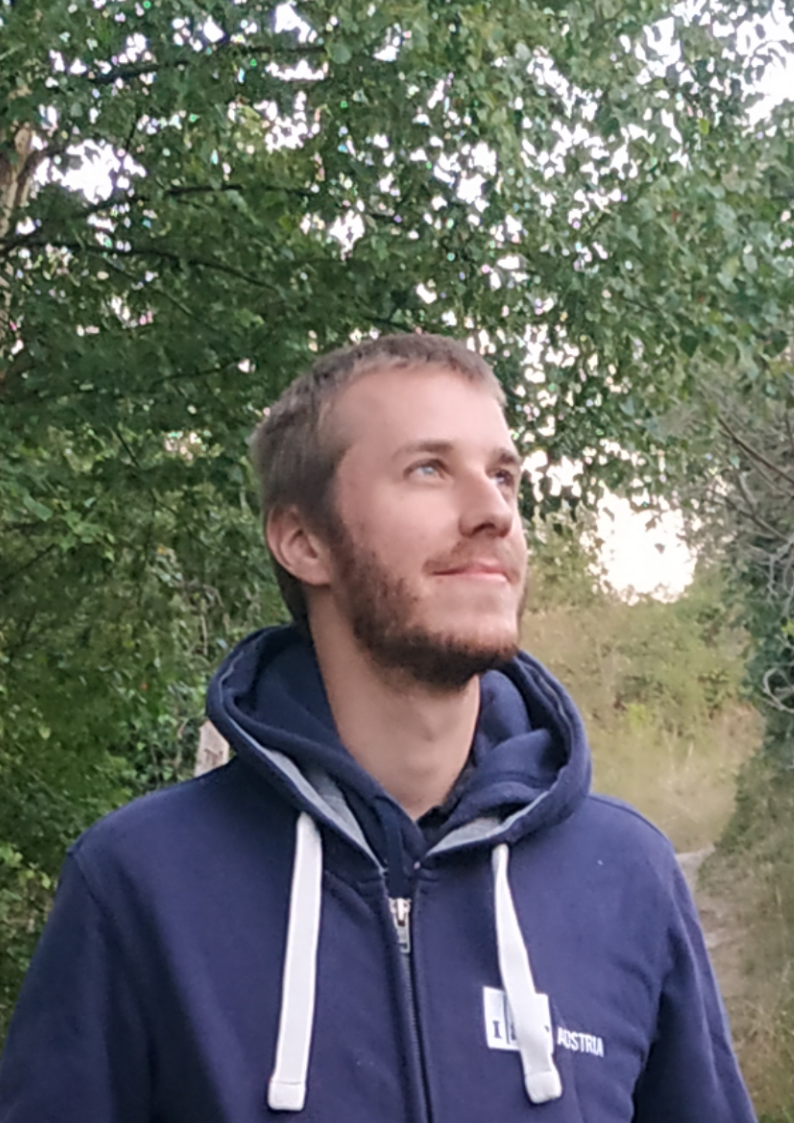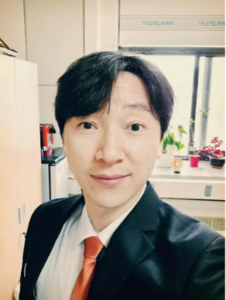Unraveling the Communication Systems of Gram-Positive Bacteria and Their Mobile Genetic Elements
Gram-positive Bacillota bacteria and their mobile genetic elements (e.g., plasmids or bacteriophages) encode peptide-based quorum-sensing systems (QSSs) that orchestrate behavioral transitions as a function of population densities. Among these, the RRNPP family
represents the simplest form, consisting of two adjacent genes encoding a signaling peptide and its cognate intracellular receptor. RRNPP QSSs shape the social dynamics of microbial communities by regulating processes such as virulence or biofilm formation in bacteria, conjugation in plasmids, or lysogeny in temperate bacteriophages.
Despite their importance, the full genetic diversity, prevalence, and functional scope of these communication systems remain largely underappreciated. Selective pressures favoring communication among kin drive rapid sequence divergence, often obscuring homology links between RRNPP QSSs—sometimes detectable only at the structural level.
In this presentation, I will introduce two bioinformatics workflows that allowed us to unravel the hidden languages of many bacteria, conjugative elements, and temperate bacteriophages. The first workflow substantially expanded the known diversity of RRNPP QSSs, revealing novel subfamilies beyond close homologs of previously characterized communication systems. The second led to the discovery of a new class of communication peptides—the leaderless communication peptides—encoded by ORFs shorter than 30 bp, which have gone completely unnoticed until now due to their small size.
Finally, I will present my contributions to the field of structural phylogenetics—inferring phylogenetic trees from folds, not only from sequences—with the structural phylogeny of all RRNPP subfamilies as a case study.
Short bio
After earning a PhD in evolutionary bioinformatics from Sorbonne Université/MNHN, where I developed methods to study microbial communication networks, I pursued a postdoc at the University of Lausanne, creating tools for ancestral gene order inference at a Tree-of-Life scale and structural phylogenetics. Currently, as a postdoc in Eduardo Rocha’s lab at the Institut Pasteur, I explore the evolutionary and genetic foundations of phage-bacteria interactions.
Laboratory of the speaker
Microbial Evolutionary Genomics, Eduardo Rocha lab, Institut Pasteur
Invited by
Rozenn Gardan




